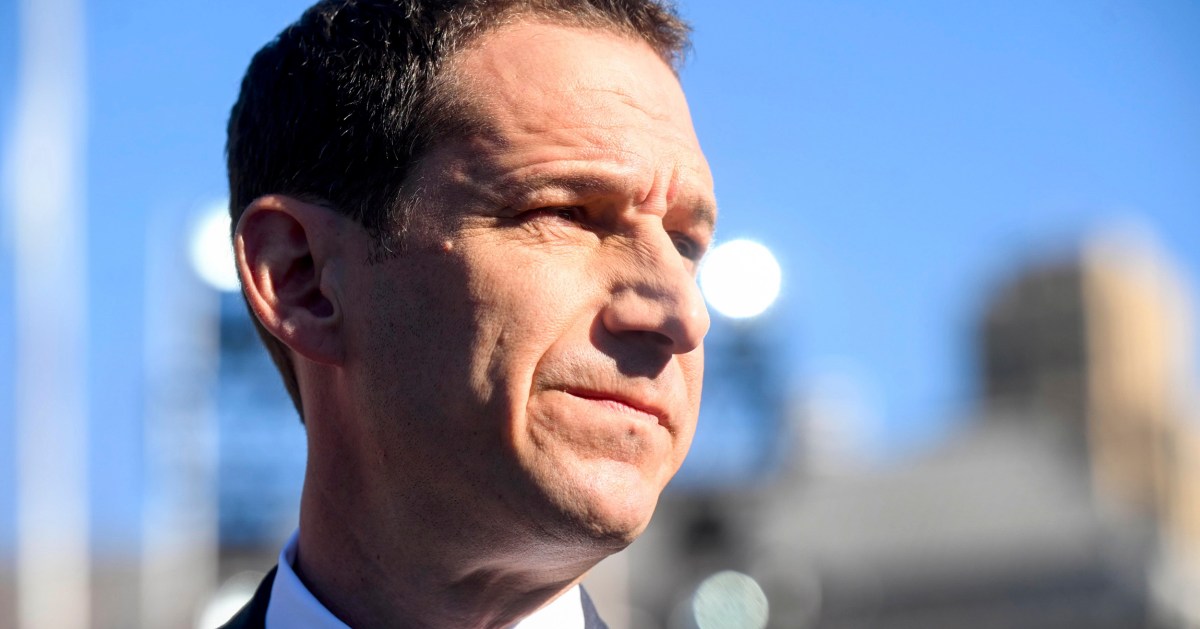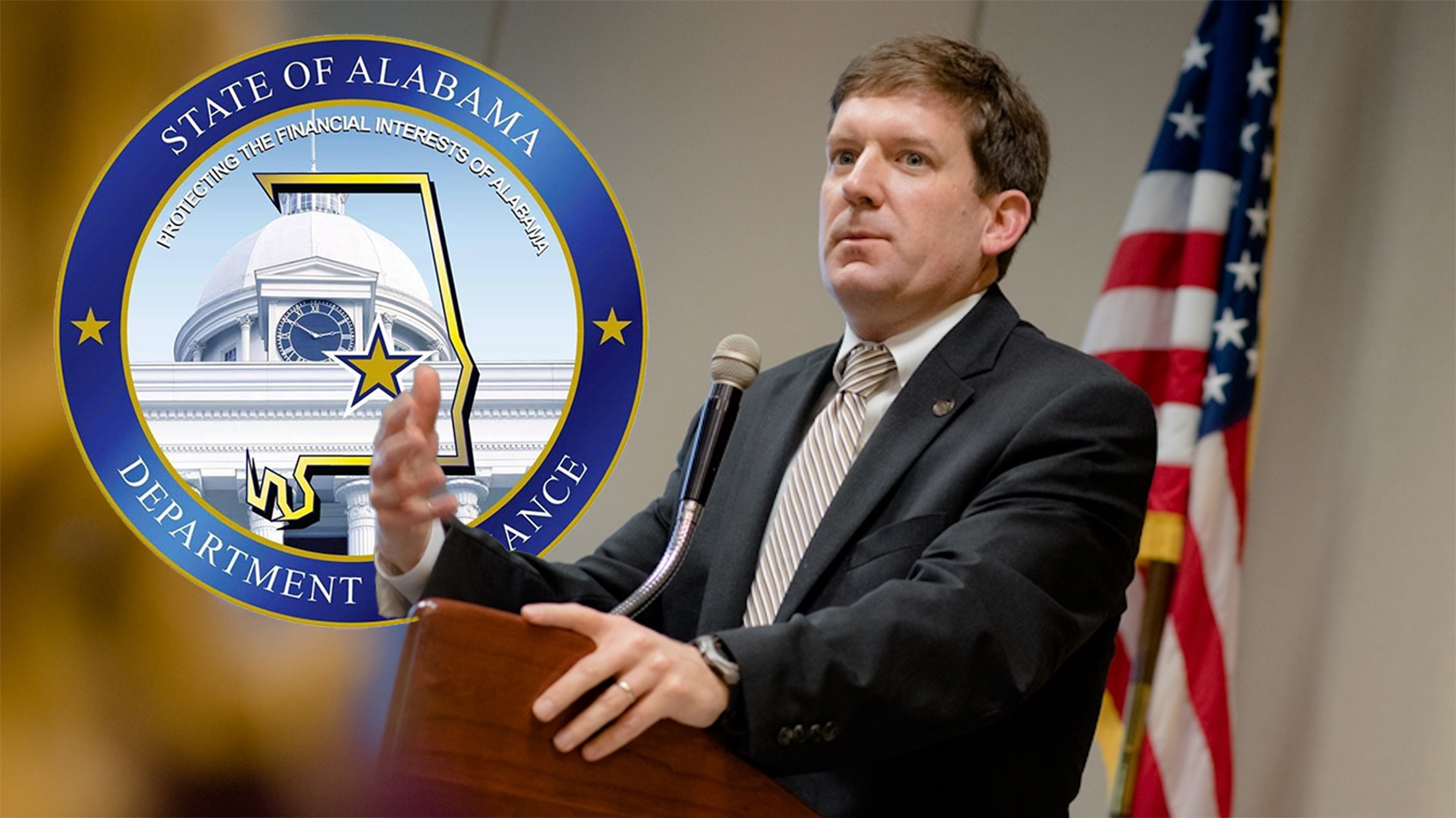The Consumer Financial Protection Bureau (CFPB) on Thursday ordered payments firm Block to pay a penalty citing fraud and weak security protocols on its mobile payment service Cash App.
The regulator said Block, which is led by tech entrepreneur Jack Dorsey, directed Cash App users who experienced fraud-related losses to contact their banks for transaction reversals.
However, when the banks approached Block regarding these claims, Block denied that any fraud had occurred.
Cash App is one of the largest peer-to-peer payment platforms in the U.S. and allows consumers to send and receive electronic money transfers, accept direct deposits and use a prepaid card to make purchases.
“When things went wrong, Cash App flouted its responsibilities and even burdened local banks with problems that the company caused,” said CFPB Director Rohit Chopra.

In response, Block said the issues raised by the regulator were “historical” and did not “reflect the Cash App experience today.”
“While we strongly disagree with the CFPB’s mischaracterizations, we made the decision to settle this matter in the interest of putting it behind us and focusing on what’s best for our customers and our business,” the company said.
The move is one of the final regulatory actions under the Biden administration as Washington awaits the inauguration of President-elect Donald Trump. Billionaire Elon Musk, who is slated to co-head a new government agency to slash government spending, has called for the elimination of the CFPB.
The CFPB’s order includes up to $120 million in redress to consumers and a $55 million penalty to be paid into the CFPB’s victim relief fund.
The regulator also alleged that Block deployed a range of tactics to suppress Cash App users from seeking help in order to reduce its own costs.
Block’s gross profit rose 19% to $2.25 billion in the third quarter ended Sept 30, with Cash App accounting for $1.31 billion of the total income.
On Wednesday, the company also agreed to pay $80 million to a group of 48 state financial regulators after the agencies determined the company had insufficient policies for policing Cash App.
Published – January 17, 2025 09:14 am IST























/cdn.vox-cdn.com/uploads/chorus_asset/file/25822586/STK169_ZUCKERBERG_MAGA_STKS491_CVIRGINIA_A.jpg)

/cdn.vox-cdn.com/uploads/chorus_asset/file/25821992/videoframe_720397.png)



/cdn.vox-cdn.com/uploads/chorus_asset/file/23935558/acastro_STK103__01.jpg)
